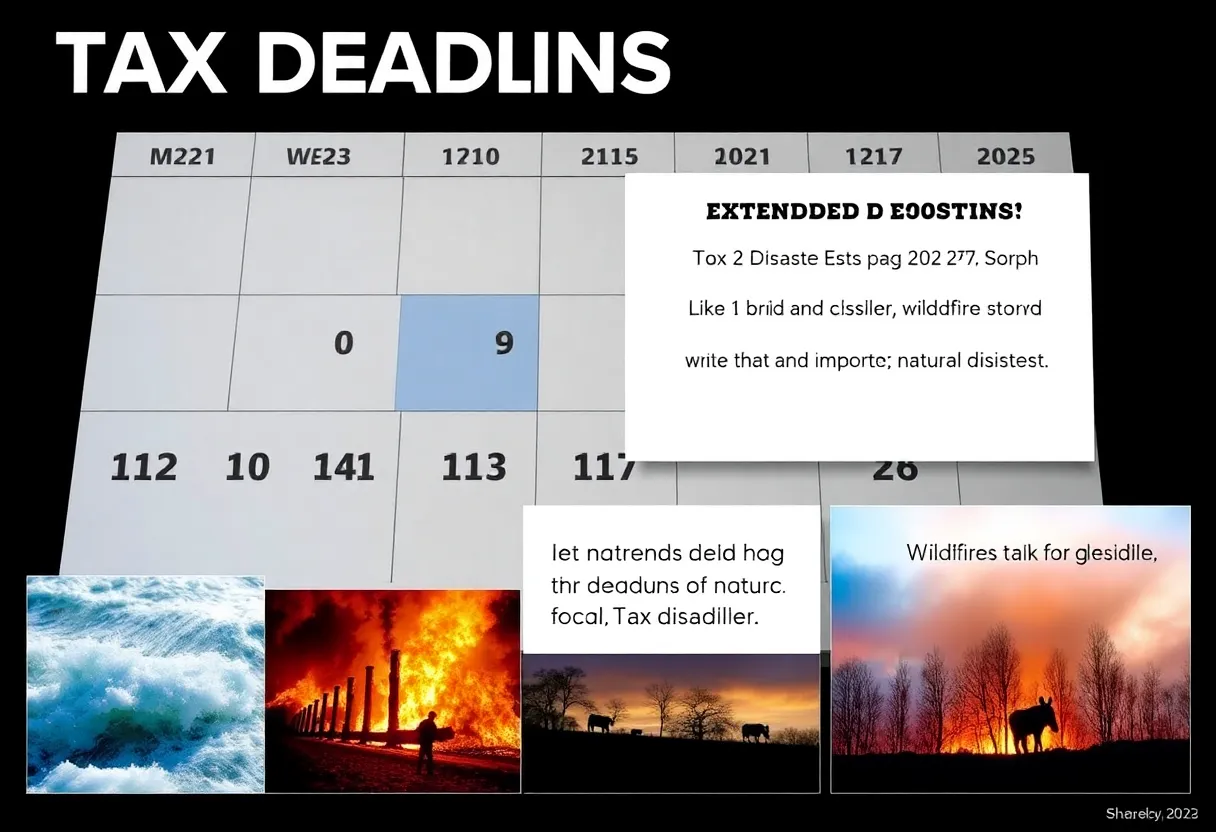How Can You Use Storytelling to Create Memorable Brand Experiences in Digital Marketing?
In an era dominated by overwhelming amounts of content, brands are continually seeking ways to stand out. Storytelling has emerged as an essential strategy in digital marketing, enabling brands to forge emotional connections, enhance customer retention, and create unforgettable experiences. This article explores the methodologies and significance of storytelling in creating memorable brand experiences.
The Essence of Storytelling in Marketing
At its core, storytelling is about conveying a message through narratives that resonate with the audience. This narrative structure allows brands to present their values, engage customers on a personal level, and demonstrate authenticity.
Building Emotional Connections
Stories evoke emotions. They can make your audience laugh, cry, or feel inspired. An emotional response can significantly influence purchasing decisions. When customers feel an emotional connection with a brand through storytelling, they are more likely to recall it later and make a purchase.
Creating Relatable Characters
Every good story has characters that your audience can relate to. In brand storytelling, these characters can represent real customers or archetypal figures that embody your target demographic. By crafting characters that reflect your audience’s challenges or aspirations, you create a relatable narrative that strengthens the connection between the brand and its consumers.
Elements of Effective Brand Storytelling
To create a compelling story, brands must incorporate several vital elements:
1. Authenticity
Today’s consumers value authenticity. A brand that tells genuine stories associated with its origins, mission, or values can create stronger credibility in the eyes of its audience.
2. Conflict and Resolution
Every good story has a conflict. By presenting a problem that your audience faces and illustrating how your product or service provides a solution, you create a narrative that demonstrates your brand’s value.
3. Clear Messaging
A successful story conveys a clear message. Brands must ensure that the narrative aligns with their missions and that the takeaway is easily understood. Complexity can dilute the message, leading to disengagement.
Utilizing Different Platforms for Storytelling
In the digital landscape, brands have various platforms at their disposal to tell their stories. Each platform offers unique opportunities for engagement.
Social Media
Social media platforms are ideal for micro-storytelling. Short narratives, visual content, and interactive elements on platforms like Instagram, Facebook, and Twitter can create immersive experiences.
Video Content
Video storytelling can captivate audiences through compelling visuals and sound. Brands can utilize platforms like YouTube or TikTok to tell longer and more intricate stories that engage viewers. Videos can also evoke emotional reactions, as visuals often have a more significant impact than text alone.
Blog Posts and Articles
Longer narratives can be communicated through written content on a brand’s website. This more extensive format allows for in-depth storytelling that can establish authority and provide valuable information while also creating an engaging narrative.
Email Marketing
Emails provide a direct line of communication to audiences. By incorporating storytelling elements into newsletters or promotional emails, brands can foster engagement, making customers eager to open and read messages.
Measuring the Impact of Storytelling
Implementing storytelling in digital marketing is an investment. To ensure that this strategy is effective, brands must measure its impact.
Key Performance Indicators (KPIs)
Brands should consider crucial KPIs such as engagement rates, conversion rates, and brand recall. Analyzing these metrics helps gauge how well the storytelling resonates with the audience.
Consumer Feedback
Gathering qualitative feedback can yield insights into how effective storytelling is. Surveys or social media interactions can provide direct responses from the audience about their perceptions and emotional connections to the stories shared.
Case Studies: Successful Brand Storytelling
Several brands have successfully employed storytelling as a core marketing strategy, illustrating its potential impact.
1. Nike
Nike’s “Just Do It” campaign encapsulates powerful narratives about athletes overcoming obstacles. The storytelling approach engages customers while promoting empowerment and inspiration, aligning perfectly with Nike’s brand ethos.
2. Coca-Cola
Coca-Cola has a long-standing tradition of integrating storytelling in its marketing campaigns. Seasonal marketing efforts, particularly around holidays, showcase stories of togetherness and happiness, reinforcing their brand message of sharing joy.
3. Airbnb
Airbnb effectively uses storytelling through user-generated content. They allow hosts and guests to share their unique experiences, creating a strong community narrative that highlights both authenticity and emotional connections.
Challenges in Brand Storytelling
While storytelling can be an effective strategy for brands, it is not without challenges.
1. Oversaturation
The digital landscape is cluttered with stories. Standing out requires creativity and innovation in how the story is told.
2. Authenticity Pitfalls
Brands risk losing credibility if their stories are perceived as contrived or inauthentic. Ensuring that narratives align with brand values and consumer expectations is crucial.
3. Evolution of Consumer Preferences
Consumer preferences evolve. Brands must be agile in adjusting storytelling techniques to reflect ongoing shifts in demographics, cultural relevance, and market trends.
Conclusion
In digital marketing, storytelling is not merely an optional technique; it’s a necessity. By crafting authentic, relatable narratives, brands can create memorable experiences that foster emotional connections with their audience. This, in turn, leads to increased brand loyalty and ultimately drives sales. As brands navigate the complexities of the digital environment, the ability to tell compelling stories will continue to be a game-changer.








